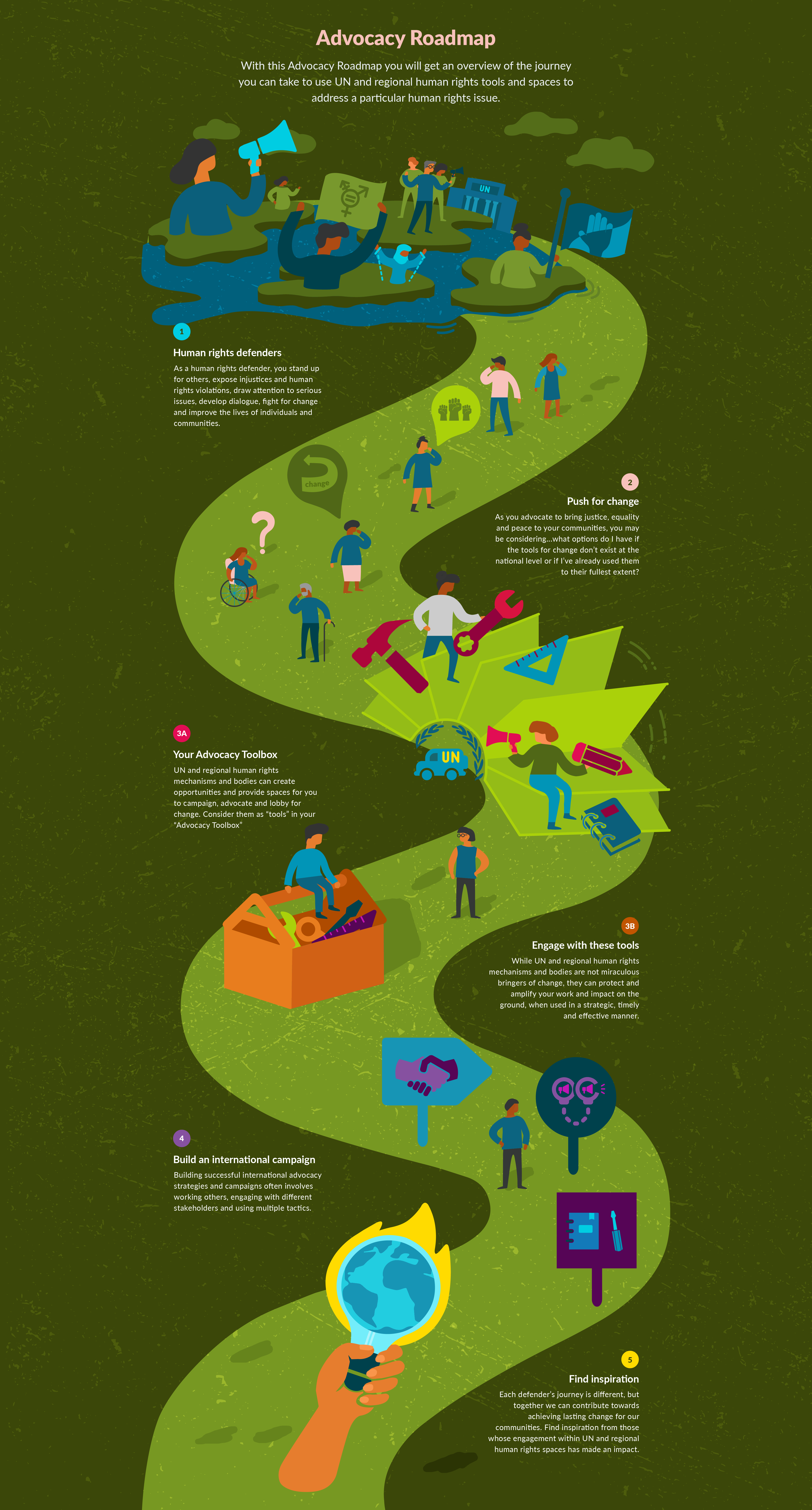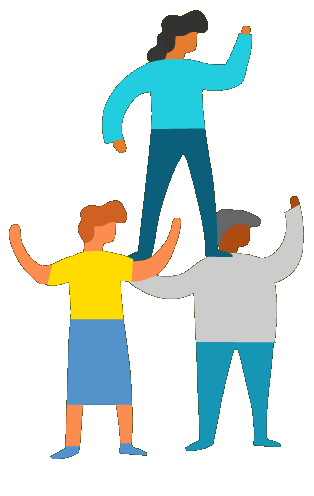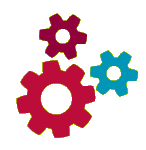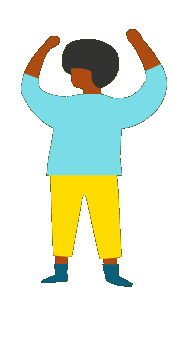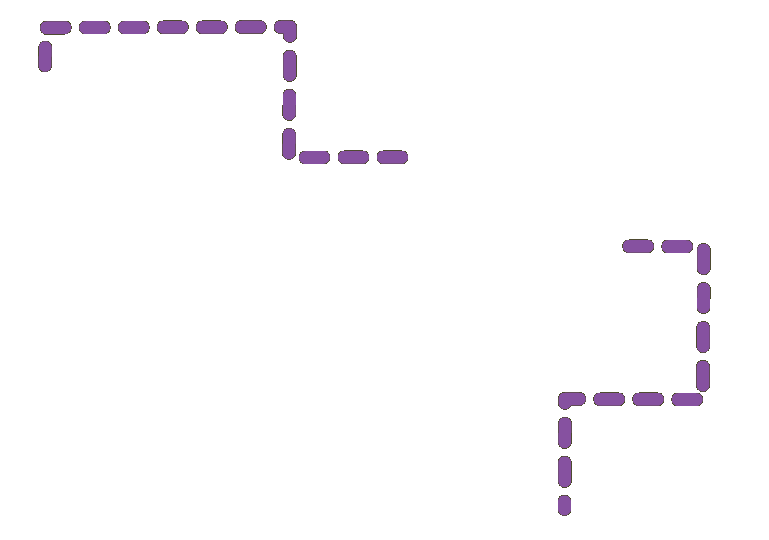

As a human rights defender, you stand up for others, expose injustices and human rights violations, draw attention to serious issues, develop dialogue, fight for change and improve the lives of individuals and communities.
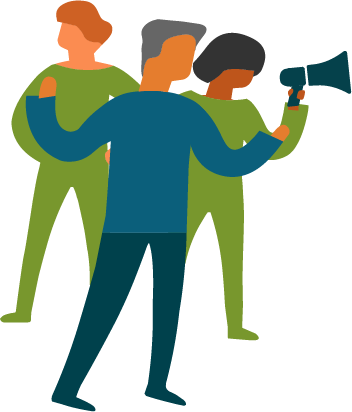
You play a vital role in pushing for sustainable human rights improvements, to ensure that States, businesses and other non-State actors respect and protect all human rights, and are held to account when they fail to do so. And you often do so at great risk, facing threats, abuse, violations and reprisals for who you are and the work you do.
Across the globe, human rights defenders, just like you, are mobilising around issues such as environmental justice, racial justice, gender equality, freedom of expression and association, access to information, democratic representation and participation, the redistribution of economic and political power, and State and corporate accountability for intersecting human rights violations and abuses.


As you advocate to bring justice, equality and peace to your communities, you may be considering…what options do I have if the tools for change don’t exist at the national level or if I’ve already used them to their fullest extent?
You may also be considering:
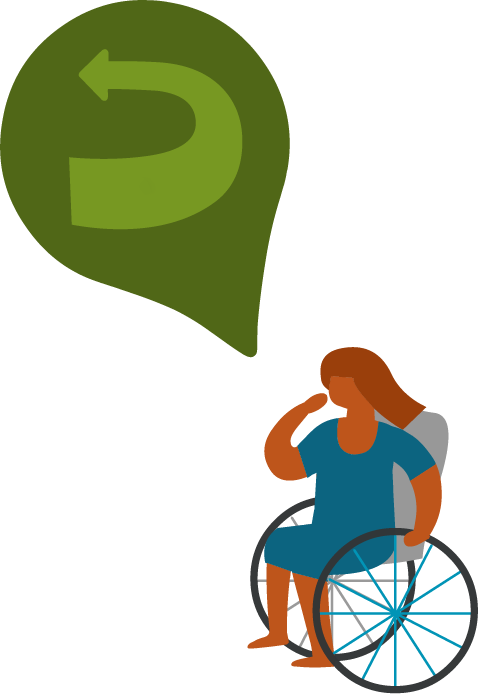

How can I bring (further) attention to the issues I work on, at a regional and/or international level?

Who can I work with to increase regional and/or international pressure on States, businesses and non-State actors to promote, respect and protect human rights in my country or with regards to the issue I work on?

How can I engage strategically with regional and UN human rights systems in order to bolster my work at the national level?

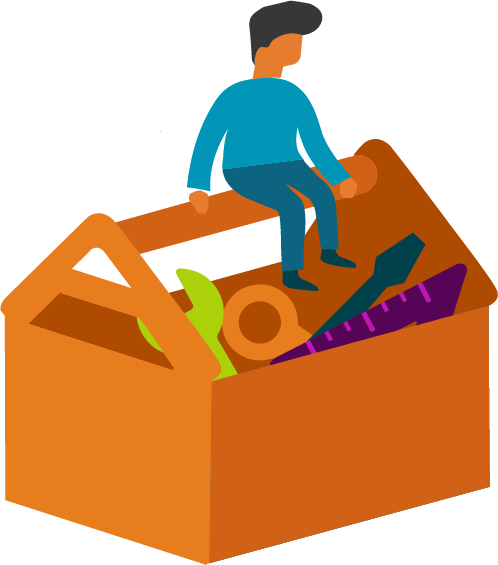

UN and regional human rights mechanisms and bodies can create opportunities and provide spaces for you to campaign, advocate and lobby for change. Consider them as “tools” in your “Advocacy Toolbox”
The Human Rights Council is…
Find out more about the Human Rights Council and how it can be a useful tool in your toolbox.
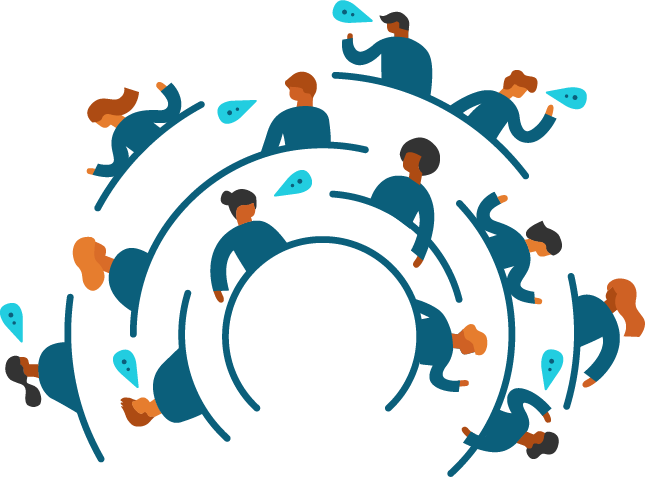
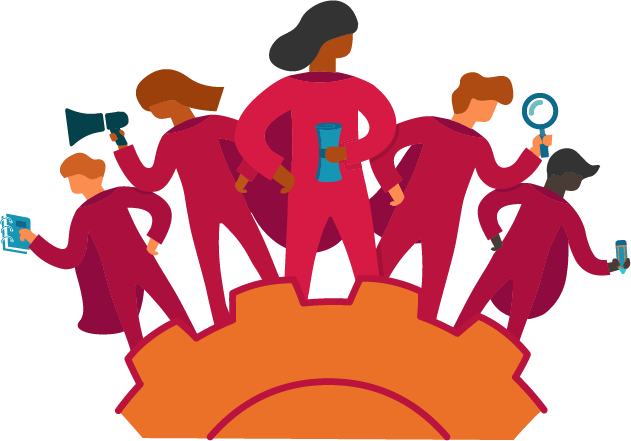
Special Procedures are…
Find out more about the Special Procedures and how they can be a useful tool in your toolbox.
The Treaty Bodies are…
Find out more about the Treaty Bodies and how they can be a useful tool in your toolbox.
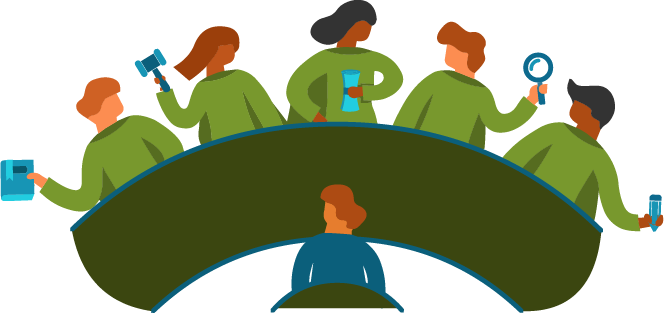
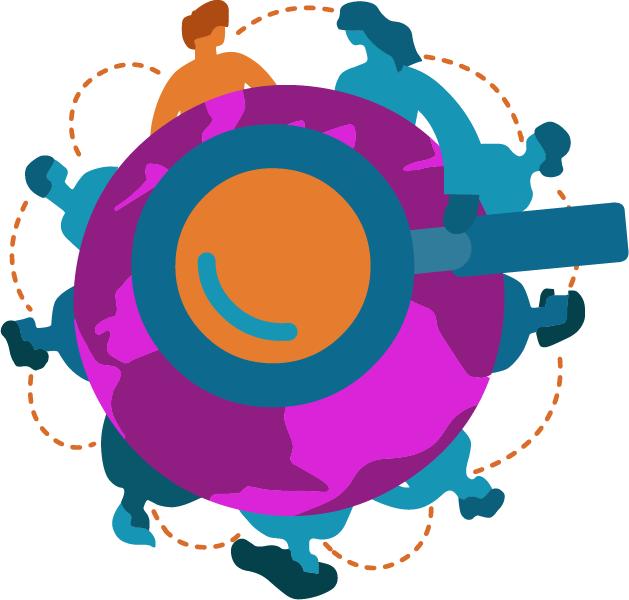
The Universal Periodic Review is…
Find out more about the UPR and how it can be a useful tool in your toolbox.
There are also other international and regional human rights mechanisms and bodies you can consider engaging with. These include UN human rights mechanisms and bodies in New York, including the Third Committee of the General Assembly, the Committee on NGOs, the Commission on the Status of Women, the High Level Political
Forum, as well as regional human rights spaces such as the African Commission on Peoples’ and Human Rights (ACHPR), the Inter-American Commission on Human Rights, the European Court of Human Rights and many more.
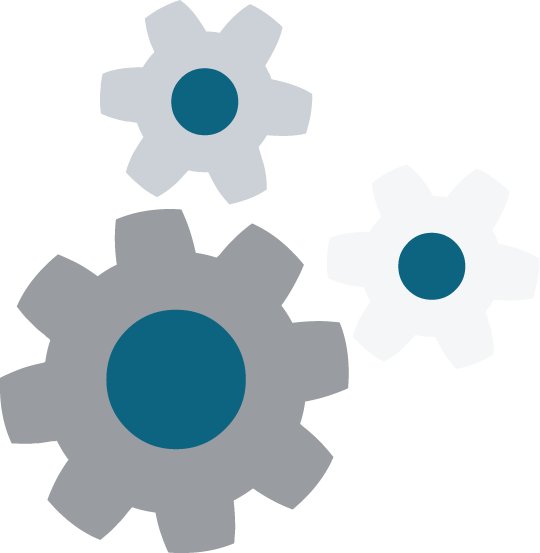


While UN and regional human rights mechanisms and bodies are not miraculous bringers of change, they can protect and amplify your work and impact on the ground, when used in a strategic, timely and effective manner.
Consider what these mechanisms and bodies can do, and how you may want to leverage different outcomes to contribute towards achieving change in your country or with regards to the issues you work on.
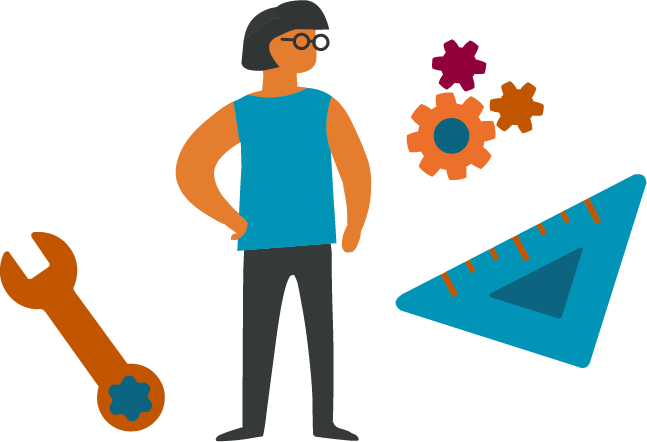
For example, UN human rights mechanisms and bodies can:
Not only can you leverage these tools to help you reach your advocacy objectives, but your engagement as a member of civil society is essential to ensure these international and regional human rights mechanisms and bodies are credible, accessible and responsive; and to ensure that the voices from affected communities are heard in these spaces.
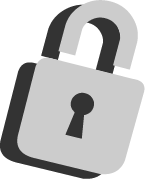
Remember that you have a right to communicate with UN and regional human rights bodies and to be secure as a human rights defender, but you should always consider potential risks you might face when engaging with the UN, and use tools available to you to plan for and mitigate such risks, including to responding to intimidation and reprisals.


Building successful international advocacy strategies and campaigns often involves working others, engaging with different stakeholders and using multiple tactics.
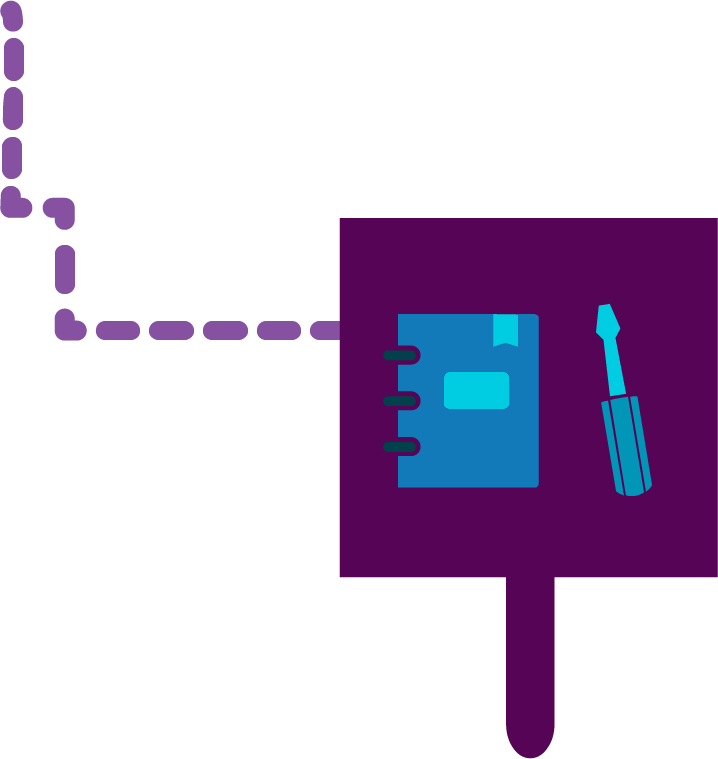
Here are some key tactics you could consider:
(Source: “Jo Becker: 5 ways to a successful human rights campaign”)


Each defenders journey is different, but together we can contribute towards achieving lasting change for our communities. Find inspiration from those whose engagement within UN and regional human rights spaces has made an impact.
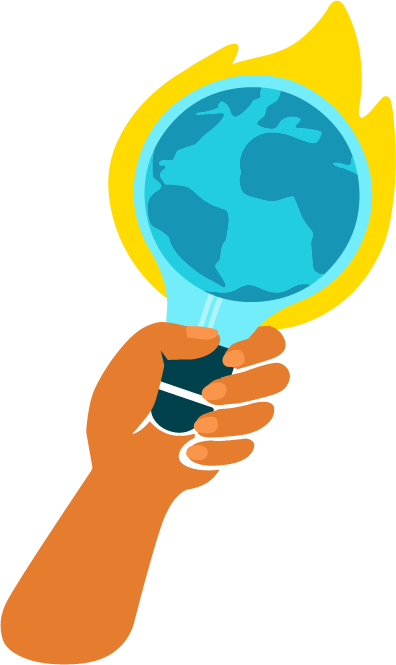
Learn from:
To find out more, explore the ISHR Academy!
The International Service for Human Rights (ISHR) is an independent, non-governmental organisation dedicated to promoting and protecting human rights. We achieve this by supporting human rights defenders, strengthening human rights systems, and leading and participating in coalitions for human rights change.
Copyright 2025 International Service for Human Rights (ISHR)
This website was developed and built by Atticmedia with the generous support from the Foreign & Commonwealth Office of the United Kingdom and of the Canadian Government. The contents of this website are the sole responsibility of the authors and cannot be regarded as reflecting the views of the project sponsors.

